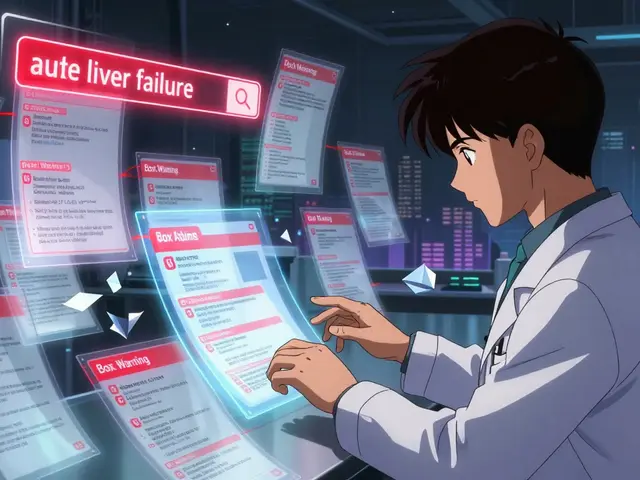Particulate Matter – What It Is and Why You Should Care
Ever wondered why the air feels heavy on a smoggy day? That’s particulate matter (PM) hanging around, tiny particles that can slip deep into your lungs. In simple terms, PM is a mix of dust, soot, pollen, and liquid droplets that float in the air we breathe. The smaller the particles, the deeper they go – PM2.5 (2.5 micrometers or less) can reach the smallest airways and even enter the bloodstream.
Where Does PM Come From?
Most of the PM around Michigan comes from traffic exhaust, industrial facilities, wood‑burning stoves, and seasonal wildfires. Even everyday chores like vacuuming or cooking can generate fine particles, especially if you use a gas stove without a vent. Outdoor sources are easy to spot, but indoor PM can be just as sneaky – think dust mites, pet dander, and mold spores.
Health Effects You Can Feel Right Now
Breathing in PM isn’t just an irritation; it can trigger real health problems. Short‑term spikes often cause coughing, throat irritation, or a tight feeling in the chest, especially for people with asthma or bronchial issues. Over time, repeated exposure raises the risk of chronic bronchitis, COPD, and even heart disease. Research from Michigan’s own health institutes links high PM2.5 levels to increased hospital visits for kidney disease and higher blood pressure.
Because these particles can travel through the bloodstream, they may worsen conditions like diabetes or aggravate inflammatory disorders. If you take medications for asthma, COPD, or hypertension, you might notice they work less effectively on high‑pollution days. That’s why many doctors recommend checking the local Air Quality Index (AQI) before heading out for a run.
So, what can you do right now to protect yourself?
- Monitor the AQI: Use a reliable app or website to see real‑time PM levels. When the AQI is “unhealthy,” limit outdoor activities, especially vigorous exercise.
- Seal your home: Keep windows closed on bad‑air days and use a HEPA filter in your HVAC system. A simple portable air purifier in the bedroom can cut indoor PM by up to 80%.
- Vent wisely: If you cook with gas, turn on the exhaust fan or open a window. Switch to electric stoves if possible.
- Choose the right masks: A N95 respirator filters out at least 95% of PM2.5 particles. Regular surgical masks won’t do the trick.
- Stay hydrated and healthy: Drinking water helps keep mucus membranes moist, which can trap particles and move them out of the lungs more easily.
For people with chronic conditions, talk to your pharmacist about inhalers or medications that can help reduce inflammation during high‑pollution periods. Many pharmacies in Michigan now offer short‑term rescue packs for asthma that you can keep handy during wildfire season.
Remember, particulate matter is everywhere, but you control how much of it gets into your body. By checking air quality, improving indoor filtration, and staying proactive with your health routine, you can breathe easier and keep your lungs in good shape.
How Air Pollution Fuels Lung Inflammation: Causes, Risks, and Solutions
By Joe Barnett On 24 Aug, 2025 Comments (10)

Explore how air pollution triggers lung inflammation, the role of key pollutants, health impacts, and practical steps to protect your lungs.
View More



